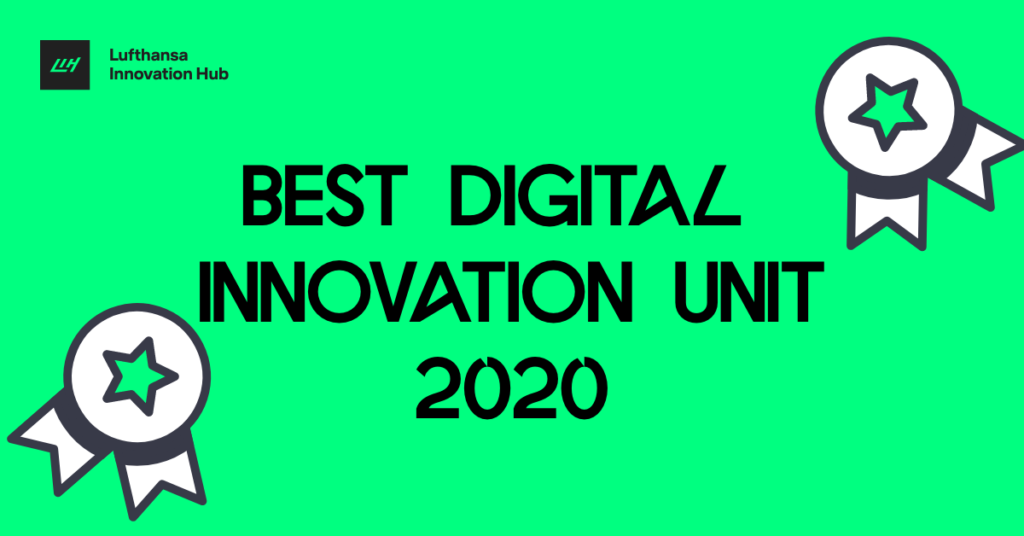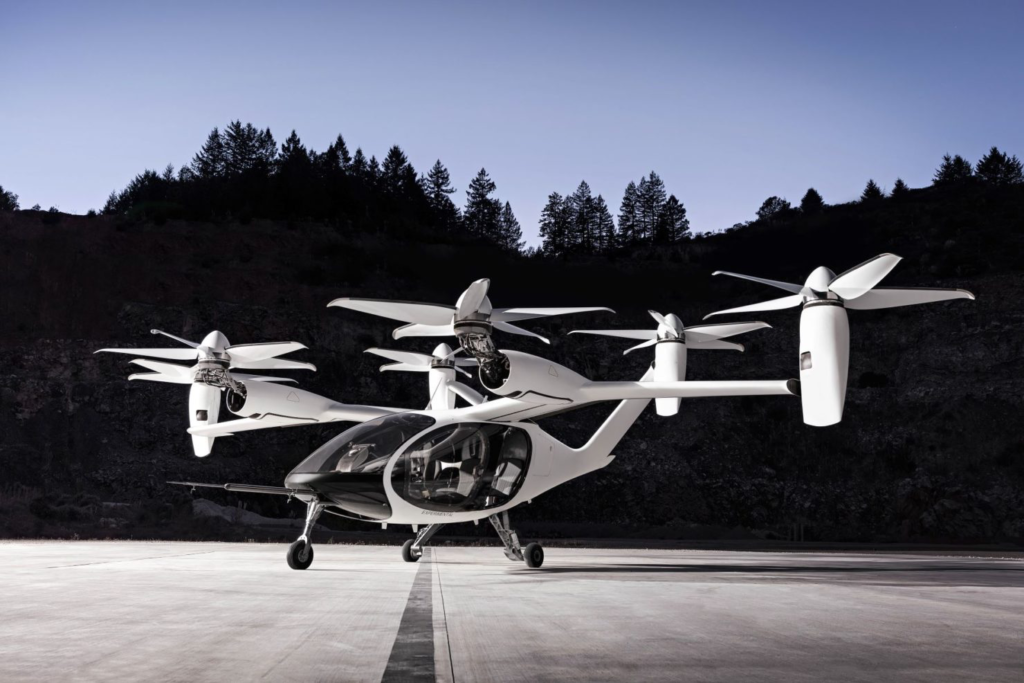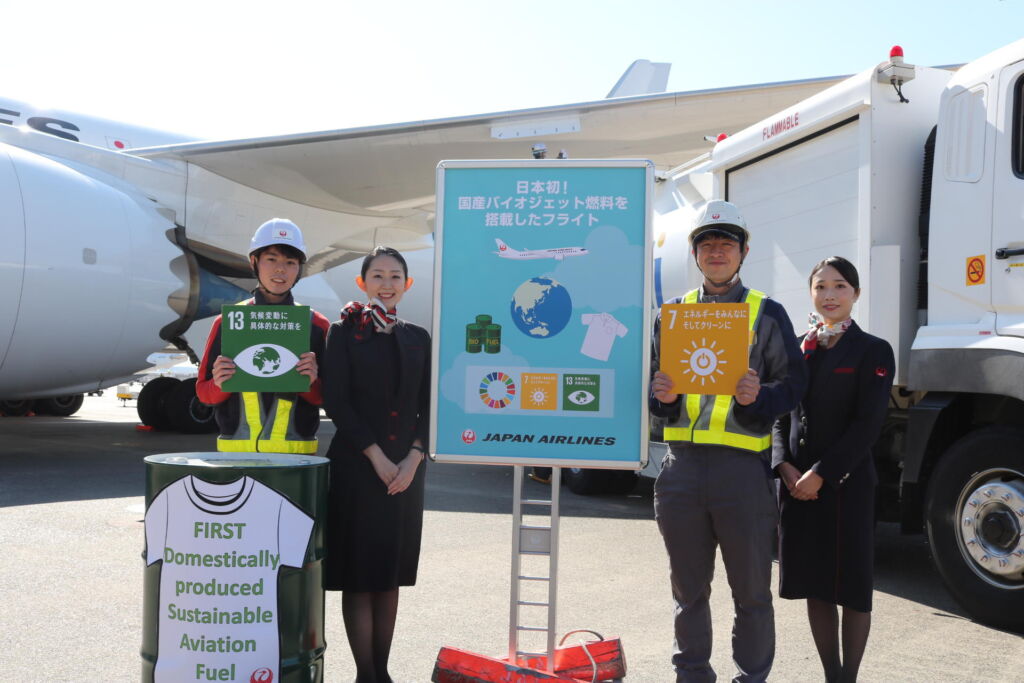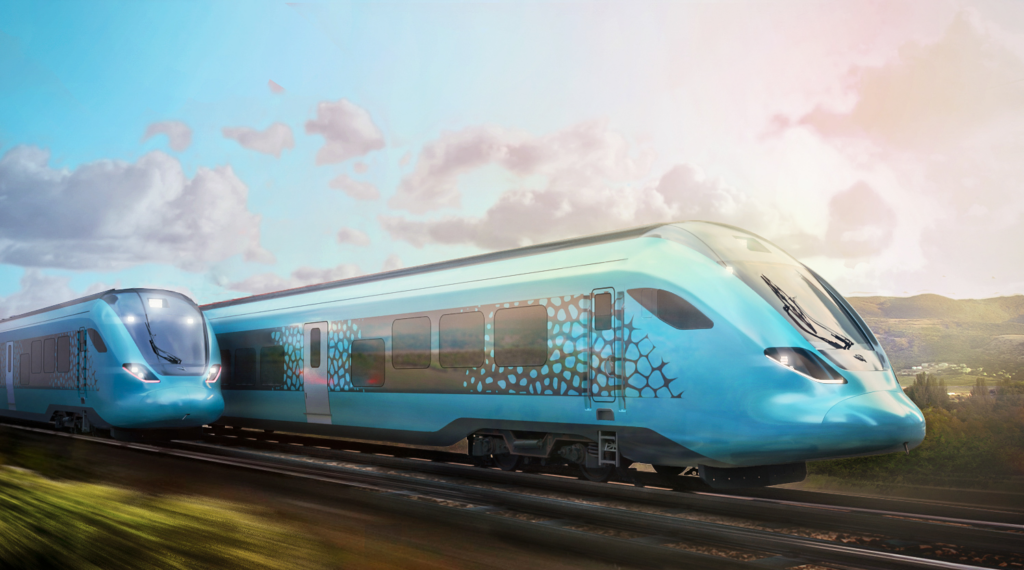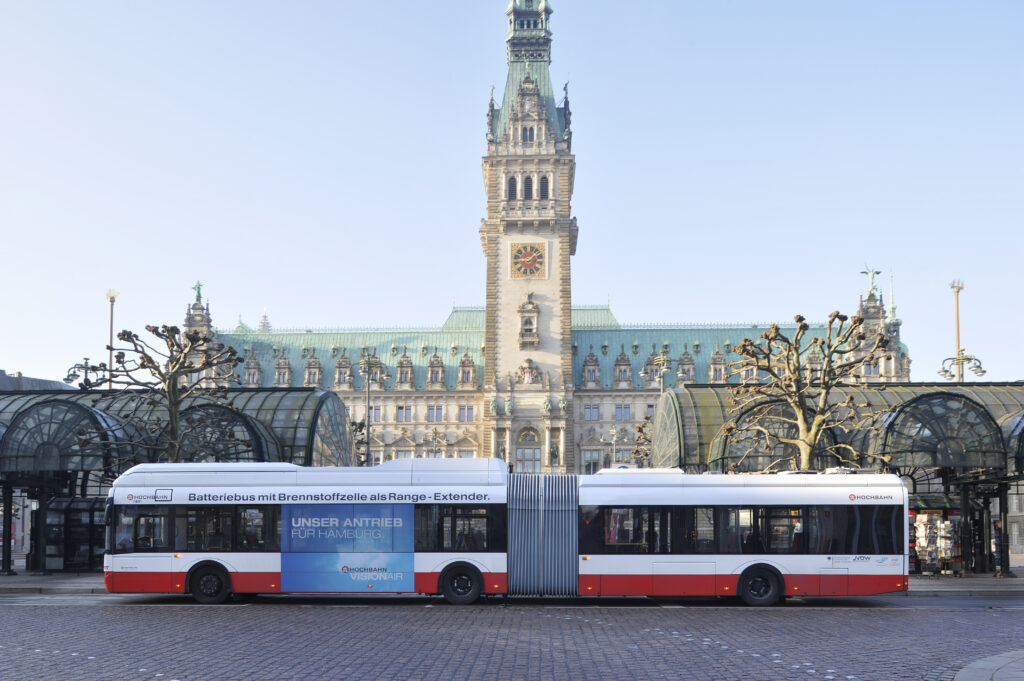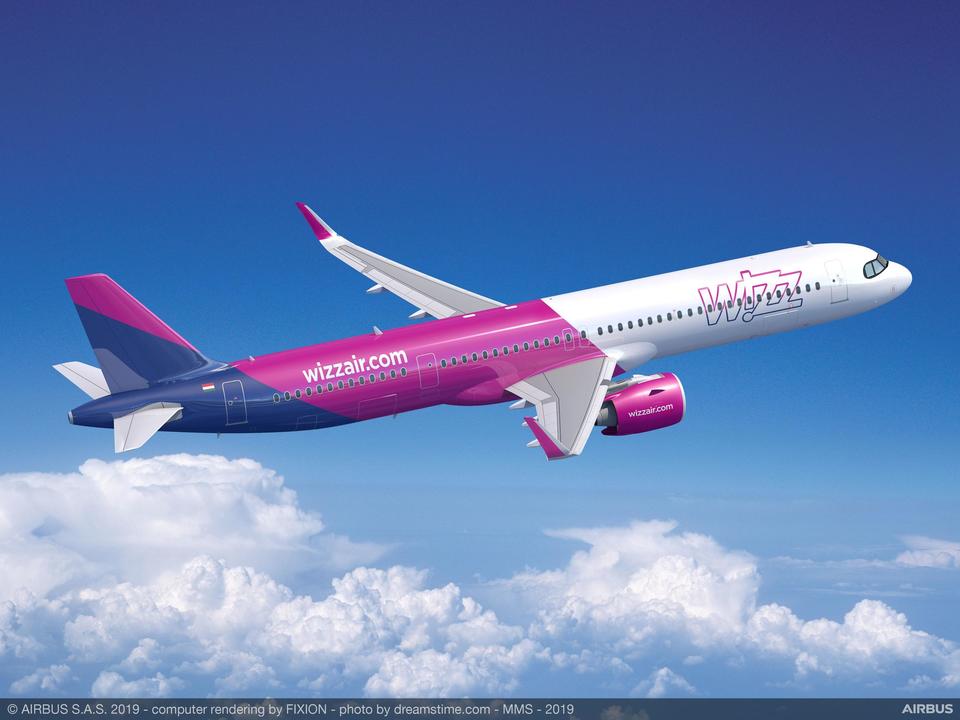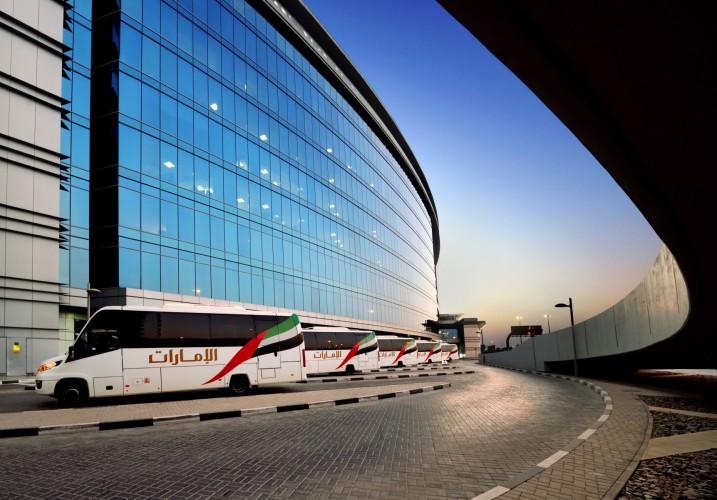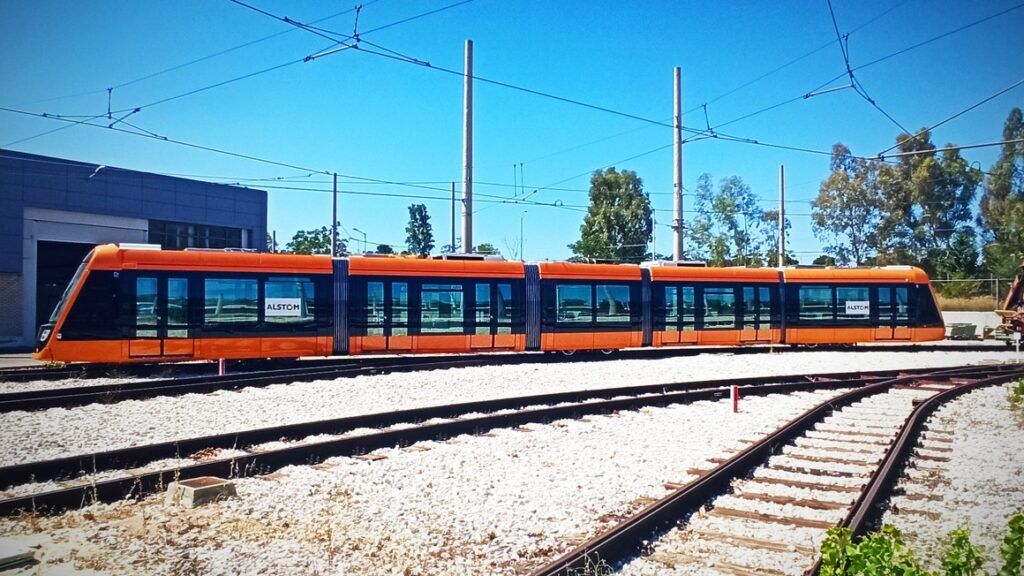Lufthansa Innovation Hub Spins-Off Startup RYDES
The Lufthansa Innovation Hub, the central digitalization unit of the Lufthansa Group, spins-off the startup RYDES. Forward31, the company builder of Porsche Digital, is contributing with its expertise and resources to the venture. Both Porsche…
